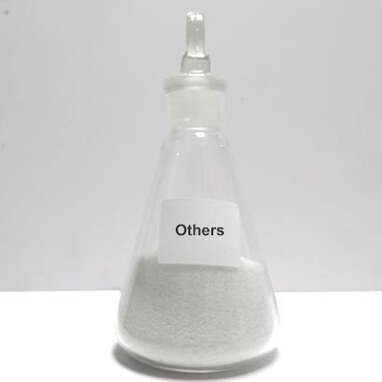In the fermentation industry, optimizing recovery processes is crucial for maximizing efficiency and profitability. One innovative solution gaining traction is the use of food-grade polyacrylamide, which facilitates better flocculation and sedimentation of solid materials found in diluted alcohol byproducts.
Polyacrylamide acts as a flocculant, binding small particles together to form larger aggregates, which settle more quickly. This process not only improves the clarity of the liquid but also increases the amount of solid material recovered, elevating the overall efficiency of production.
Data indicates that the implementation of polyacrylamide can enhance solid recovery rates by up to 30%. This improvement reduces waste and optimizes the fermentation process, providing significant cost savings and environmental benefits for producers.
In summary, utilizing food-grade polyacrylamide in the fermentation industry presents a transformative opportunity to improve recovery efficiency. By enhancing flocculation and sedimentation, producers can achieve higher yields and a more sustainable production process.

